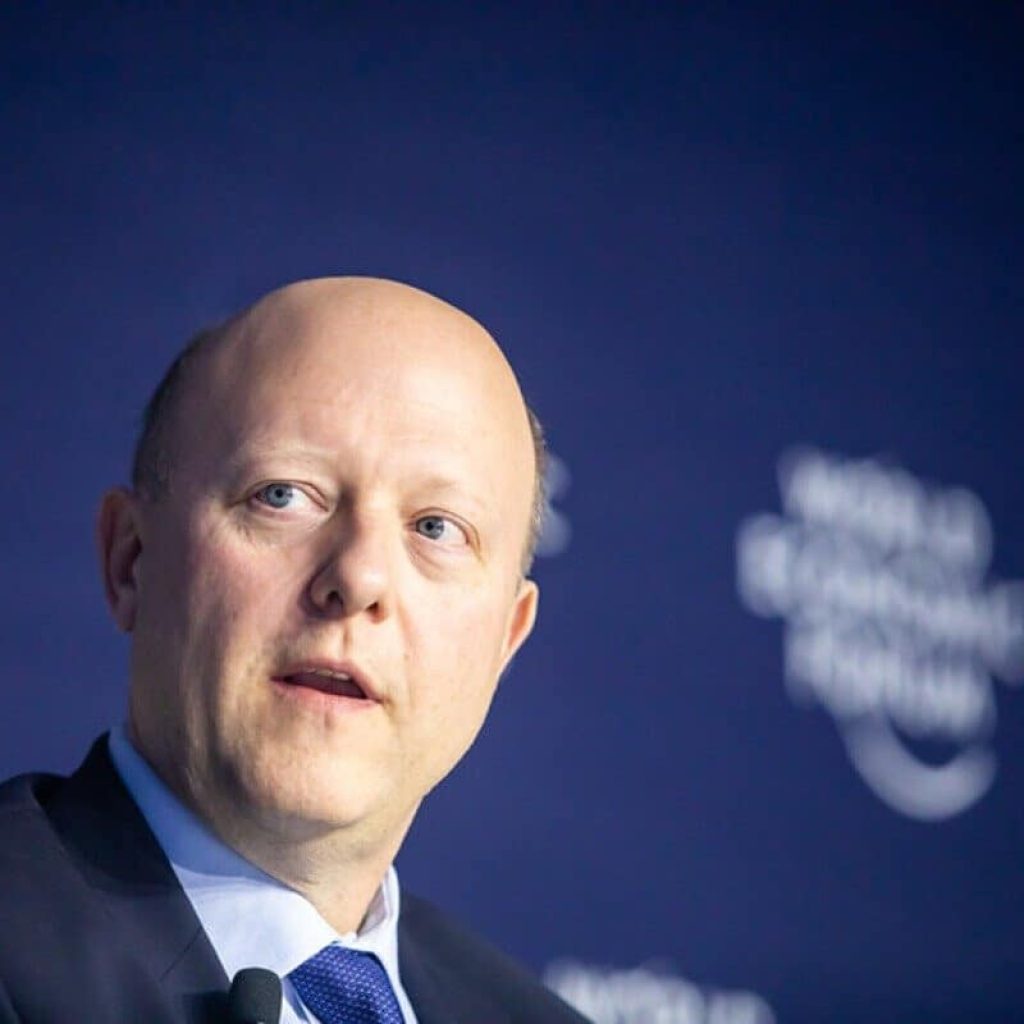
Jasmine Smith, chief executive of Web3-based wellness app Rejuve.AI, told Cointelegraph that decentralized and AI-powered platforms for health research do not aim to replace doctors and clinicians but rather help them in their work.
Blockchain and artificial intelligence (AI) have long been paired to change how people view identity and verification. Between those innovations come data, described by experts as the new oil — extracted, amassed, refined, processed and turned into something useful.
While most blockchain and AI use cases are still experimental and success can’t yet be measured, a developing app employs users’ personal data to contribute to research on prolonging human life.
Speaking with Cointelegraph at the recent Cardano Summit, Jasmine Smith, chief executive of Web3-based wellness app Rejuve.AI, said that crowdsourcing data from multiple sources helps accelerate longevity research. She explained that the current core data sets are narrowed to Western populations. She explained:
“Being able to democratize that access and fill in the data gaps in places like Africa, Asia, and the Middle East will give us a more holistic picture of human health and longevity and [enable] us to give better recommendations… to assist their care.
Day ☝of #CardanoSummit2023 is already in session!
— Rejuve.AI (@Rejuve_AI) November 3, 2023
Come stop by our booth and say hi to part of our team! pic.twitter.com/Vl6qNqfxk5
Smith added that such initiatives do not aim to replace doctors and clinicians but rather help them in their work.
“Open source development always creates better AI algorithms. We also have a section where people can contribute to our AI platform to make multiresolution simulations based on different factors,” she added.
Related: VC Roundup: Private accounts, tokenization and healthcare infrastructure grab investor attention
Rejuve.AI is a decentralized longevity research network where users can contribute their personal health data for aging science studies in exchange for rewards in the form of a token, which, in turn, can be used for other products and services within the platform. According to Smith, data collected from users will then be used to develop advanced test kits, such as genome sequencing, DNA methylation, and biological age tests — products that a normal individual would not be able to access otherwise.
Referring to concerns that the initiative may trivialize views on longevity research, Smith argued that people “innately like to be rewarded,” adding:
“I think everybody wants to get something for what they give, especially when it comes to health data. We’re wearing smartwatches and rings, and while we might get some little cool graphs on the app, we’re not actually getting paid.”
The executive pointed out that that aspect of Web3 “can be really powerful,” highlighting what comes out of the research that “goes far beyond just the token.”
When asked about the philosophical debate and unintended societal consequences around extending human life, Smith explained that the project is not forcing anyone to “live past 100.”
“It’s more about pushing the limits of science and technology to make something not just for rich people but for anybody who does have that drive and that motivation [to extend their lives],” Smith said. “It’s also not about pushing that driver motivation on someone that doesn’t already have it.”
Smith said that she does not see AI replacing humans completely. Instead, she believes that the technology will not only make their jobs easier but also give them a more direct and detailed insight into a person’s value as an individual. She added:
“[AI] can definitely speed up workflows, make tracking easier, and be able to connect an individual more to their data contribution, and to the proceeds that actually arise from putting their data towards different initiatives and products.”





